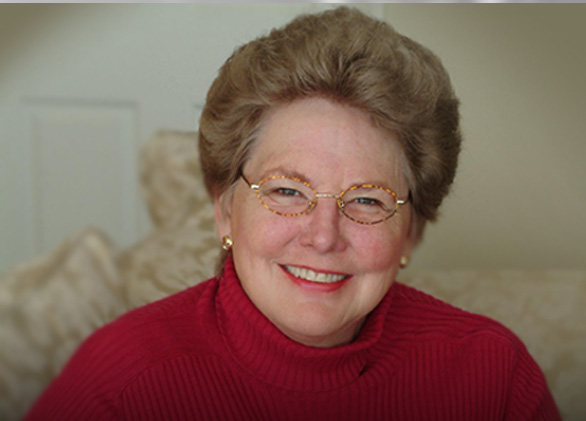Cognizing Others: Human Futures with our Nonhuman Symbionts

2023 Leonora Woodman Memorial Lecture
Brought to you by the Department of English, the Institute for a Sustainable Future and the College of Liberal Arts
Biosemioticians have convincingly argued that all lifeforms have cognitive capacities, even unicellular organisms such as E. coli. All organisms receive information from their environments, interpret it according to their sensors and structures, and perform actions accordingly, for example a bacterium moving toward a food source and away from a toxin. This action has meaning for the organism within its own terms, because it concerns whether the organism can continue to live, or not. Simply put, organisms have stakes in whether they continue their existence, and therefore participate in meaning-making activities through their interactions with their environments. Others like James Lovelock and Lynn Margulis emphasize that human life is interpenetrated by the microcosm, and could not exist without the microbiome and other bacterial and viral communities within the human body. Hayles extends this framework to argue that computational media also have umwelten, or world horizons, that they construct through their computational procedures, and through the sensors and actuators through which they sense, interpret and act upon the environment. This perspective entirely re-orients how we humans view our relations with nonhumans and with the intelligent machines that are helping to shape our futures as we increasingly enter into symbiotic exchanges with them. The upshot, Hayles argues, is to give us a better chance to forge sustainable and positive futures for all the inhabitants of Earth.
Biography
N. Katherine Hayles is the Distinguished Research Professor at the University of California, Los Angeles, and the James B. Duke Professor Emerita from Duke University. Her research focuses on the relations of literature, science and technology in the 20th and 21st centuries. Her books include Postprint: Books and Becoming Computational (2021), Unthought: The Power of the Cognitive Nonconscious (2017) and How We Think: Digital Media and Contemporary Technogenesis (2015). She is the recipient of the Rene Wellek Award for the Best Book in Literary Theory for How We Became Posthuman: Virtual Bodies in Literature, Cybernetics and Informatics, and the Suzanne Langer Award for Writing Machines. Her many fellowships and awards include two NEH Fellowships, a Guggenheim, and a Rockefellar Residential Fellowship at Bellagio. She is a member of the American Academy of Arts and Sciences.
Biography
N. Katherine Hayles is the Distinguished Research Professor at the University of California, Los Angeles, and the James B. Duke Professor Emerita from Duke University. Her research focuses on the relations of literature, science and technology in the 20th and 21st centuries. Her books include Postprint: Books and Becoming Computational (2021), Unthought: The Power of the Cognitive Nonconscious (2017) and How We Think: Digital Media and Contemporary Technogenesis (2015). She is the recipient of the Rene Wellek Award for the Best Book in Literary Theory for How We Became Posthuman: Virtual Bodies in Literature, Cybernetics and Informatics, and the Suzanne Langer Award for Writing Machines. Her many fellowships and awards include two NEH Fellowships, a Guggenheim, and a Rockefellar Residential Fellowship at Bellagio. She is a member of the American Academy of Arts and Sciences.
Date & time
April 5, 2023
4:30 PM - 6:00 PM
Location
Krannert Auditorium
